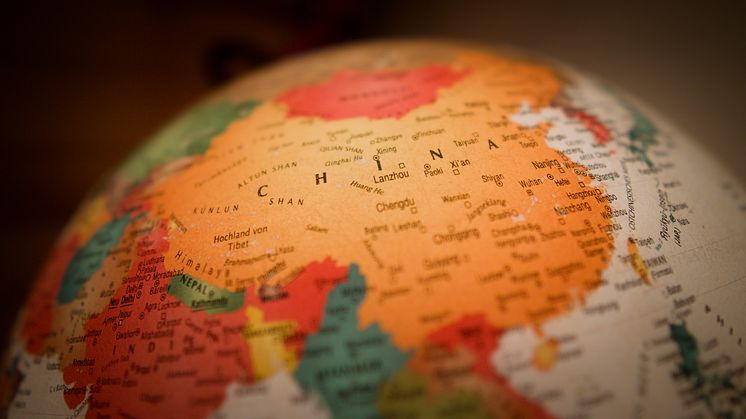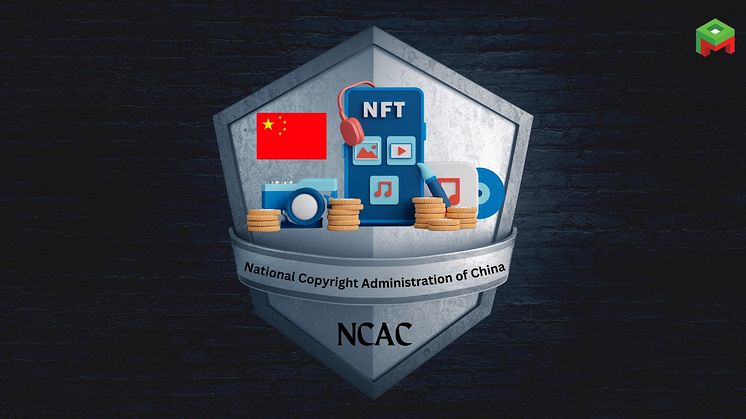
News -
What China’s new bullishness about IP means for its economic future
It wasn’t that long ago that China had an unflattering reputation for being a copier of intellectual property. But that perception has been changing fast as the country’s economy has grown by leaps and bounds over the past decade. Along the way, many of its technological innovations from social media to payments platforms have been ahead of the global curve.
And now, going by the recently released Guidelines for Building a Powerful Intellectual Property Nation (2021-2035), China’s IP protection is about to kick into an even higher gear. The blueprint has several goals that underline how important IP is to its economic development.
For starters, the plan wants patent-intensive industries to account for 13% of China’s GDP, and for the copyright industry to make up 7.5% of the GDP, all by 2025. Furthermore, it states that China’s export and import of IP rights should reach US$54 billion by 2025. And by 2035, China should be among the leading countries in the world when it comes to competitiveness in IP, and actively participate in the global governance of IP rights.
That means legislative protection of IP, particularly in technology, will be boosted. Already, China’s trademark, patent and copyright laws were strengthened in 2019 and 2020, raising the maximum damages that can be granted by courts, introducing punitive damages, and reducing the burden of proof for plaintiffs in patent infringement cases.
“In other words, Chinese companies are more likely to sue foreign competitors over IP violations than ever,” reports Nikkei Asia. Indeed, the magazine notes that the number of IP-related lawsuits filed in China are growing fast. In 2020, over 28,528 IP infringement cases were heard by Chinese courts — an increase of 28% from 2019.
However, the lofty goals of this IP blueprint are not the only thing shaping the conversation about the prospects of China’s tech industry, and its overall economy. Since fintech giant Ant Group’s initial public offering was scuppered last year by regulators, many tech firms have been affected by legislation, investigations and fines that address anti-monopoly, data privacy and cybersecurity concerns.
The result: A mood of uncertainty among tech firms and their investors that add up, at best, to a sense of fragile confidence.
Can trepidation over regulatory uncertainty be offset by a new ferocity regarding IP protection to a degree that still propels the economy forward? If so, it would hardly be the first time the Chinese economy proves that it is a creature of apparent contradictions. That doesn’t mean, however, that this is an easy circle to square.




